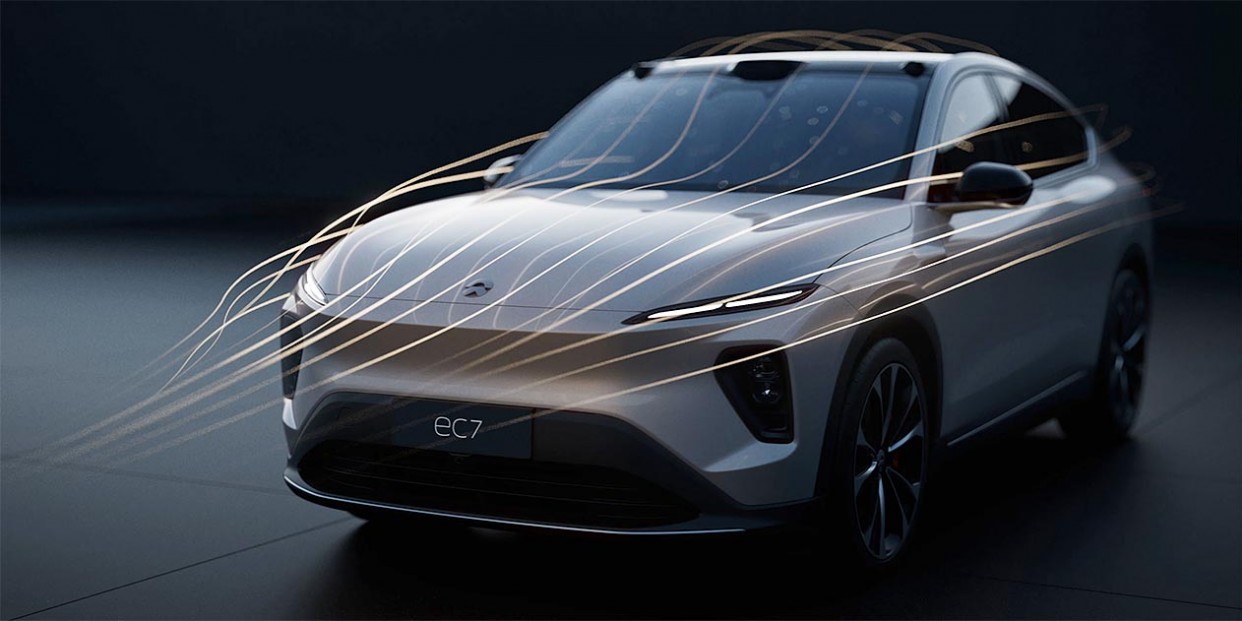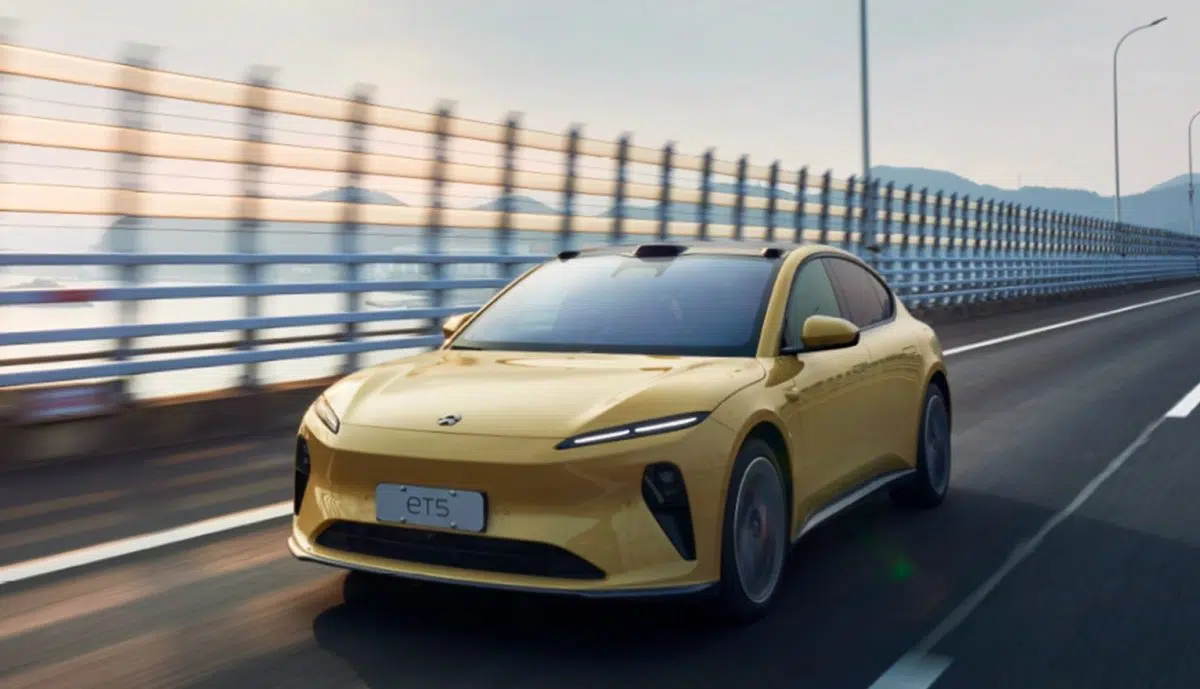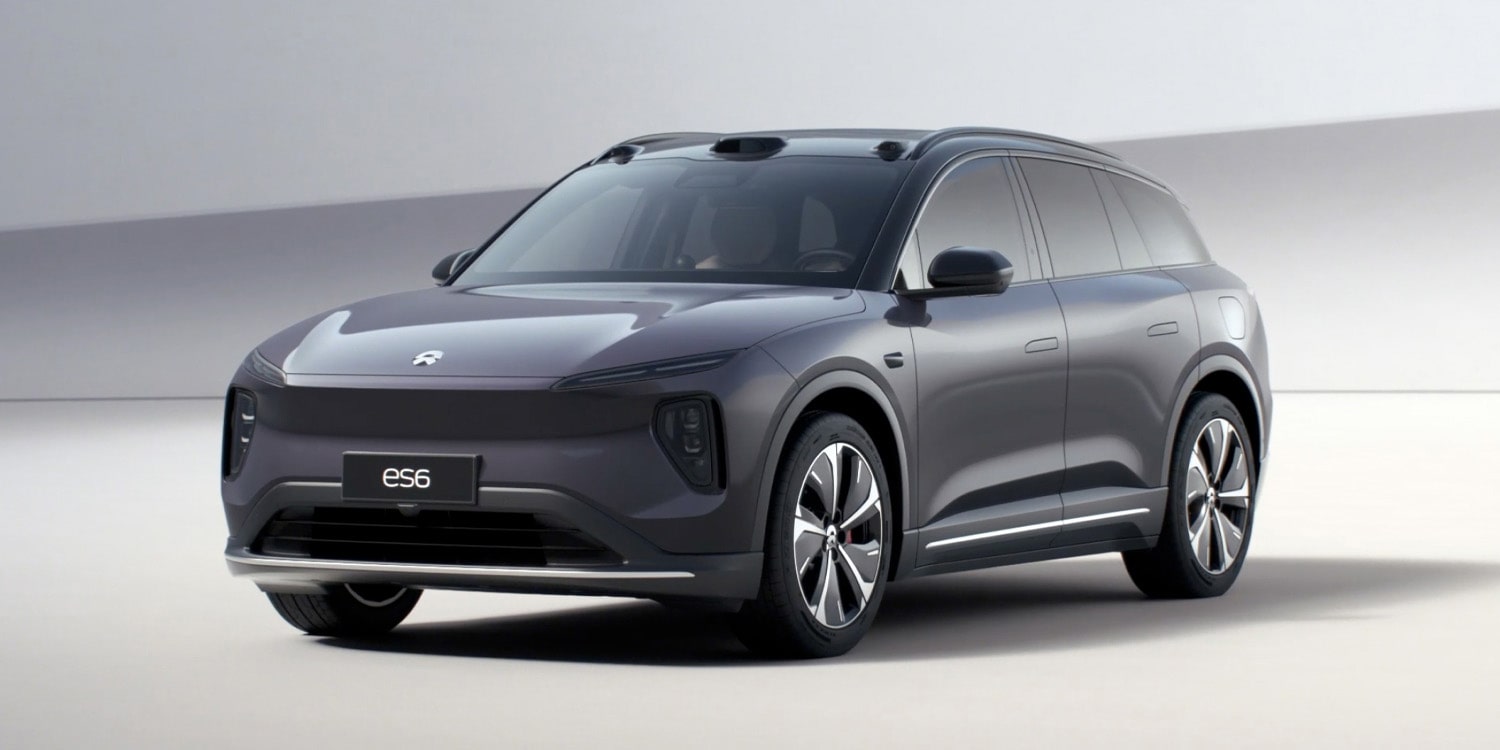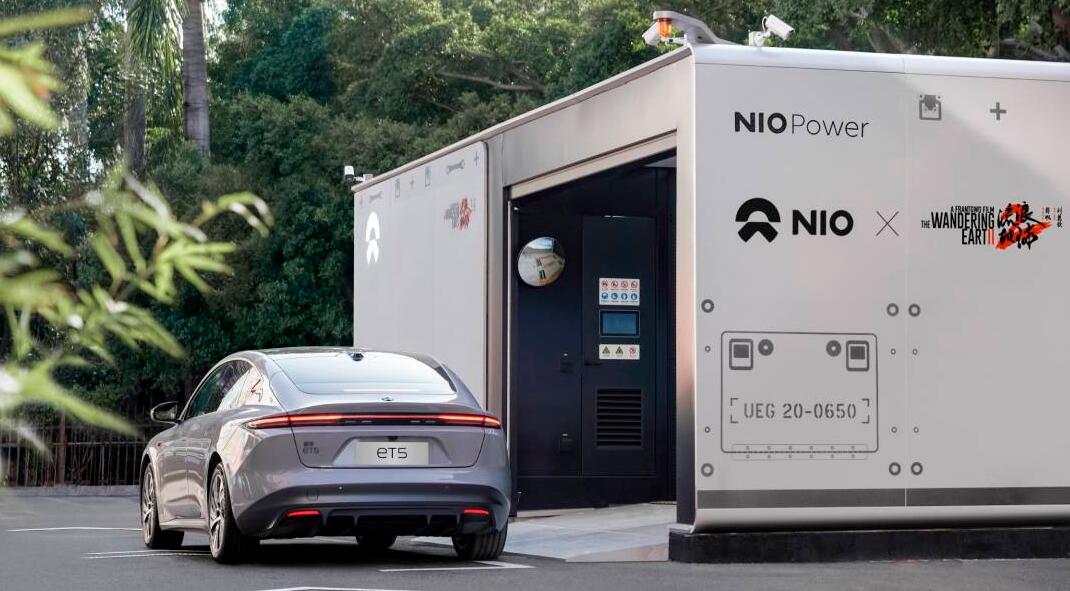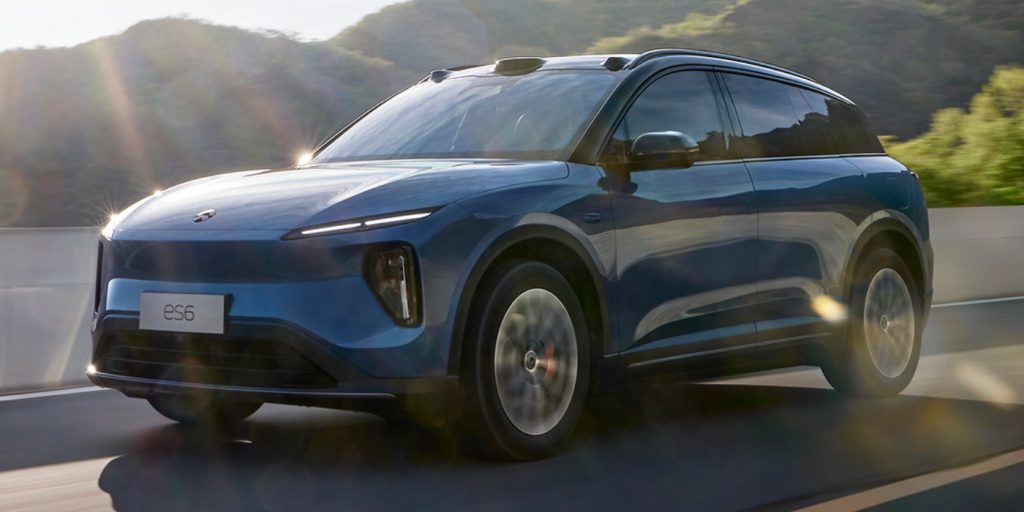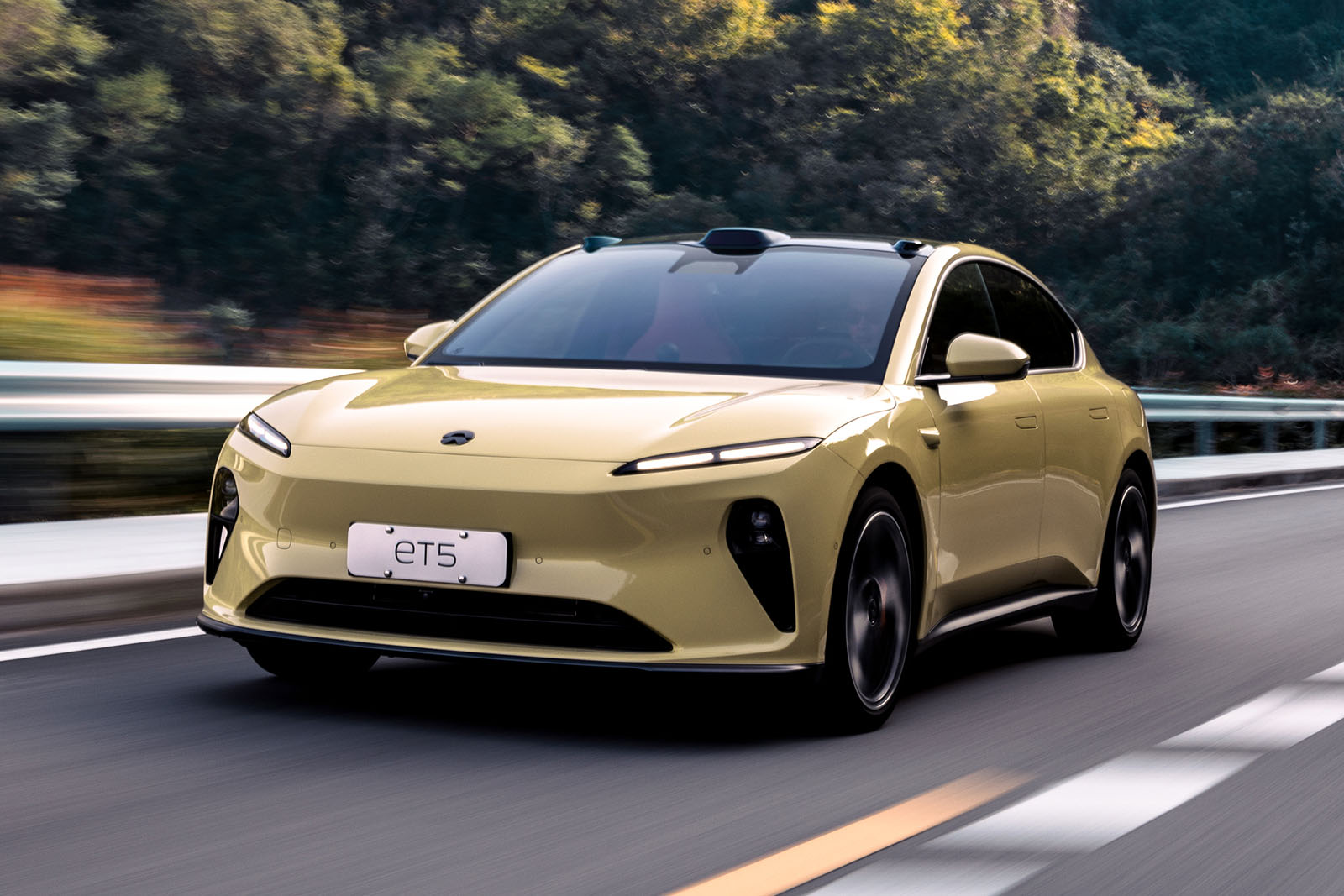Nio, the Chinese electric vehicle (EV) maker, has partnered with Dutch company NXP Semiconductors to incorporate their latest 4D imaging radar technology into its vehicles. This cutting-edge radar technology significantly enhances the performance of current tech and adds advanced functionalities, allowing Nio’s vehicles to detect and classify other vehicles and vulnerable road users up to 300 meters ahead, even in limited visibility conditions.
Thanks to its fine resolution point-cloud, the 16 nm radar processor can distinguish between objects such as a bicycle riding close to a large truck or a child standing behind a parked car, and do so in any weather condition. The radar can also measure the speed, angle of approach, and elevation of any object within the 300-meter range.
NXP’s 4D radar is the first solution to perform 3-in-1 multi-mode sensing through short, mid-, and long-range operations. The radar, together with auxiliary components, supports autonomous driving all the way up to Level 5, surpassing the high-definition LiDAR sensors while being less complex and cheaper when mass-produced.
While Tesla is focusing on vision-based autonomous driving technology, the rest of the automotive field has been using LiDAR to supplement camera vision. The 4D radar technology builds on mm-wave radars, offering higher accuracy than LiDAR but with lower costs.
Nio has also recently invested in Chinese 4D imaging manufacturer SinPro, which closed its A founding round with Nio and Xiaomi as the largest investors.
See also: VinFast and NXP collaborate to develop next-generation of electric vehicle applications
The debate on which approach is better – Tesla’s vision-only or LiDAR and 4D augmented – continues. While Tesla is trying to keep things simple, arguing that people have been driving using only their eyes for a hundred years, 4D imaging appears to address the limitations of LiDAR and offer advanced functionalities. Only time will tell which approach is superior, but it’s clear that Nio is investing in cutting-edge technology to advance the EV market.

